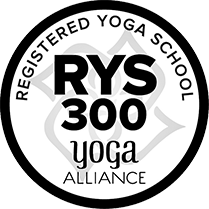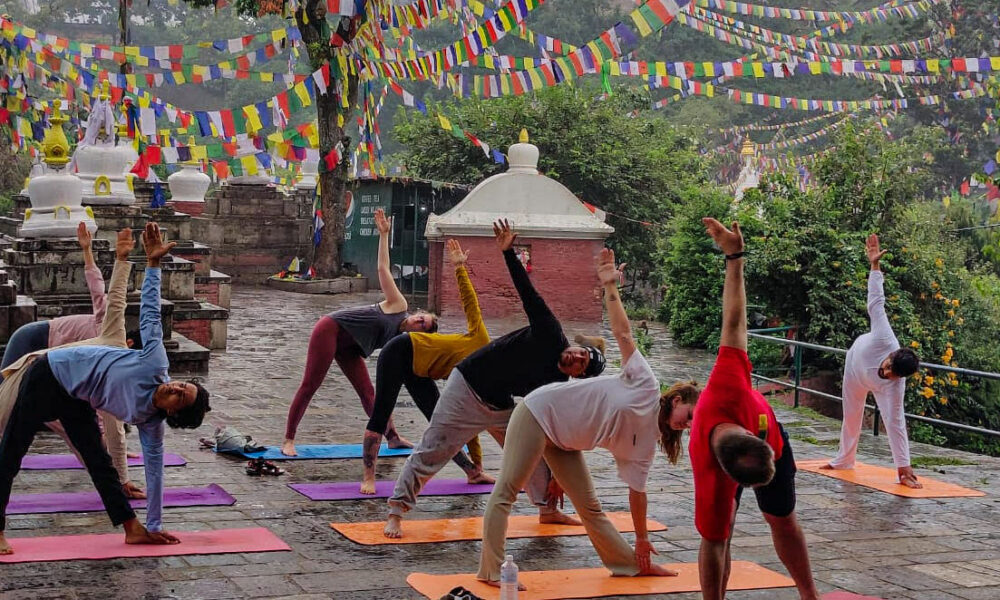300 Hour Yoga Teacher Training Course (YTT) 24 Days Training Cost
Private Accommodation - USD 1600 per person Double Sharing Accommodation - USD 1400 per person Triple Sharing Accommodation - USD per person
Note: If you are in Group, ask for special rates
 300 hour Yoga Teacher Training Course
300 hour Yoga Teacher Training Course
This Academy offers 300 hours of the first level of 300 Hour Yoga Teacher Training in Nepal with fundamental principles of Yoga Sciences, Philosophical Aspects, Yogic ethics problems skills, Training skills, Workshops, Teaching methodology, Management skills, acknowledgment of responsibility, and Practicum in very original foundation. After this course, you will be 500 hours qualified teacher. So Join our Yoga Teacher Training (YTT) 300 Hrs – 24 Days
Prerequisites for Yoga Teacher Training
The Himalayan Yoga Academy 300 Hour Teacher Training program is designed for those students who have completed an approved 200-Hour of Teacher Training as designated by the Yoga Alliance, USA.
Yoga Course Objectives
Our goals are to:
✔ Offer inspiring, educational, and authentic yoga teachings to you no matter what your level of practice is.
✔Encourage you to deepen your love for yoga, and offer you the skills to get confident at teaching yoga safely with your students.
✔ Build a positive learning environment in which you and all other like-minded yogis will thrive, and create long-lasting friendships.
✔ Welcome you to our international tribe where you and your fellow graduates will continue to grow and inspire each other for years to come.
✔We look forward to becoming an integral part of your yoga journey.
What You’ll Leave With
- An expansive outlook on life with positivity and light.
- Authentic yoga knowledge in yoga posture, alignment, history, and anatomy.
- An established inner teaching voice sharing your wisdom with many others.
- Mindfulness practice to embrace the present moment.
- A confident voice to lead and inspire others to lead a more spiritual way of living.
- Lasting friendships with like-minded souls from all over the world.
- The experience of living in nature in beautiful Nepal, the land of the Himalayas
- A career that you’ll love and be able to teach globally.
Why 24 Days 300 Hour Yoga Teacher Training ??
The course presents an in-depth study of:
Mantras
Asana (posture)
Advanced Pranayama (breathing practices)
Advanced Meditation
Yoga Philosophy
Yoga Anatomy
Prana
Energetic Body
The course contains Advanced Sequencing and Adjustments, Developing a Personal Meditation Practice for yourself and others. How to Develop a Meaningful Private Session and Workshop Program, as well as other essential tools to advance your career opportunities and your personal practice.

